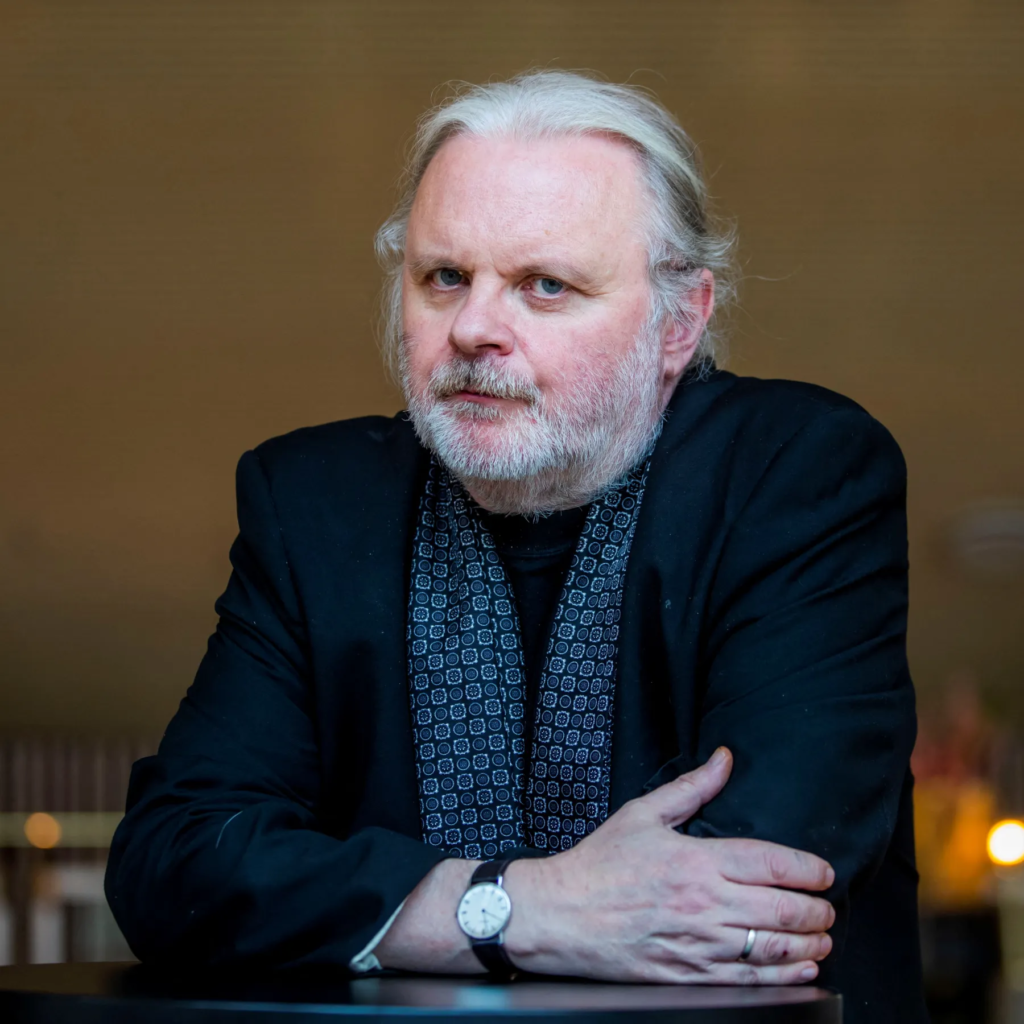The Nobel Prize for Literature 2023 has been awarded by the Royal Swedish Academy of Sciences to Norwegian author Jon Olav Fosse, 64, for his “innovative plays and prose which give voice to the unsayable”. Fosse has now joined the famous list of past winnings that range from Ernest Hemingway to Toni Morrison.

‘The New Norwegian’
On October 5th, Fosse was awarded the most prestigious writing prize, the Nobel Prize in the world. He is known for writing in Nynorsk language, which even for Norwegian writers is a minority pursuit. In a statement, he has regarded the award as a recognition of the language and the movement promoting it. He says that he ultimately owes the prize to the language itself.
The language often called the ‘new Norwegian’ is used by only 10% of the country’s population. The version that Fosse writes in was developed in the 19th century with rural dialects, making it an alternative language to the dominant Danish that followed from a four hundred year union with Denmark.
The Nobel Prize Winner
In the words of Alfred Nobel himself, The Nobel Prize for Literature should be awarded to “the person who, in the field of Literature, produced the most outstanding work in an idealistic direction.

Born in 1959, Fosse first started writing novels, and then switched to plays in his 30s.
Though Fosse is not known by many, he authored “A New Name: Septology VI-VII ”, which is about two painters, both named Asle but with different preoccupations and painters. It touts itself as a radical reading experience.
It was a finalist for the International Booker Prize last year. In addition to two dozen plays, the writer has also published essays, novels, collections of poetries, and children’s books over a period of four decades. According to reports, Fosse’s work has been translated into forty different languages and there have been over a thousand productions of his plays. He went on to become Norway’s most performed dramatists, and is often counted among the most performed dramatists of Europe.
His writing style is simple, minimal and with searing dialogue. His themes explore the absurdity, futility, yet the formidable power of human conditions. He deals with everyday confusions and the difficulty of forming real connections in spite of, and sometimes because of conversation.

He was a favorite for the Nobel Prize ten years ago too, however, he did not win it. He says that even though he would love the win the Nobel Prize, he was glad as usually the Nobel is given to very old writers, which has a certain wisdom to it. He wants to receive it when it will not have any impact on his writing.
Geographic Limitations
The Nobel Prize winner has been celebrated in Europe for a long time, however he is not very popular in the United Kingdom, which has in turn impacted his visibility in the rest of the world, such as in India.
It has been said that the United Kingdom and the United States find his themes very difficult to relate to, and his plays very difficult to connect with. In 2014, The New York Times wrote in the review of his ‘I am the Wind’ that it will not appeal to those of the Anglo-Saxon sensibilities as they have never been celebrated for their ‘ambiguity’. Even in plays, when theatergoers hear the character be referred to as the One and the Other, it will not be taken down well. In recent years, however, his popularity has increased in these geographies also.
Last year, French author Annie Ernaux won the prize for what the Swedish Academy called courage and clinical acuity of books set in her small town background in the Normandy region of North-west France. She was just the 17th woman among the 119 Nobel literature Laureates.



